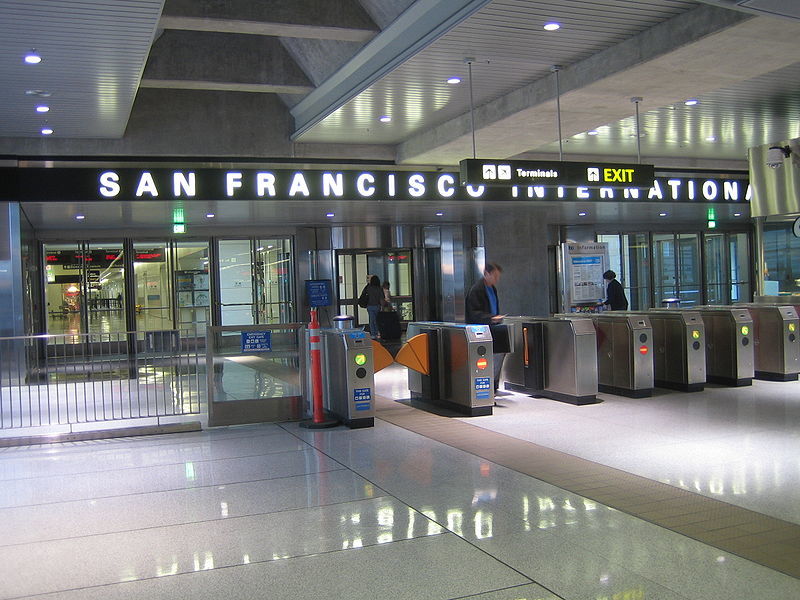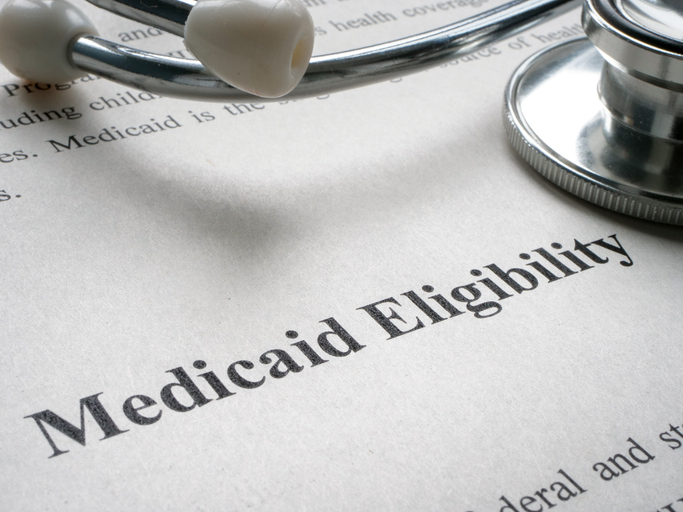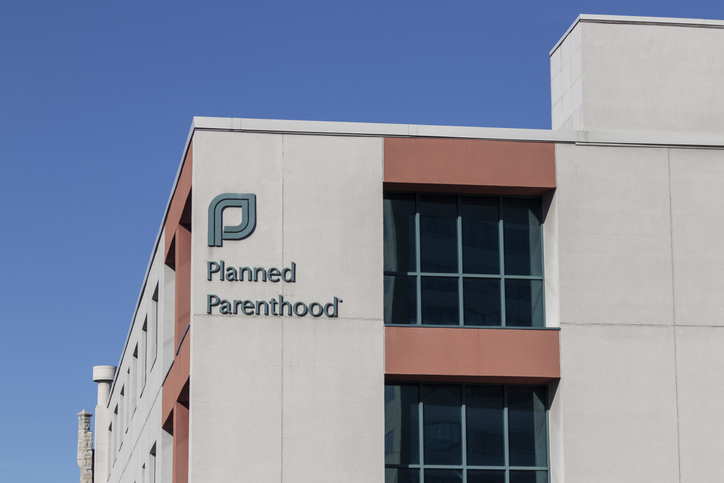The heat may be rising for San Francisco’s Bay Area Rapid System after revelations it intentionally blocked mobile devices of its passengers on August 11. The TechNewsWorld Web site reported August16 that the Federal Communications Commission is considering an investigation.
BART admitted it blocked cell phone use for several hours at four public transportation stations. The block was intended to prevent passengers from joining an ongoing protest that was moving from one BART station to another. Officials said they were concerned the demonstrations might become as violent as the August “flash mobs” that were ransacking London at the same time. The public demonstrations were prompted by the July shooting death by San Francisco police of a homeless man.
BART’s shutdown of cell-phone service spurred further protests and a retaliatory attack on its Web site by the hacker group Anonymous. BART initially claimed it had asked wireless carriers to block the service, before admitting it had ordered its own workers to shut down power to the cell nodes.
Should the FCC investigate BART’s actions, it would be to determine whether BART disregarded the Communications Act of 1934, which makes it illegal to block communications transmissions.
BART’s action also blocked 911 calls and other emergency calls, which Rebecca Jeschke, media relations director for the San Francisco-based Electronic Frontier Foundation, says endangered public safety and violated the First Amendment.
“What BART did was exercise prior restraint of free speech,” Jeschke said.
Bruce Edward Walker ([email protected]) is managing editor of Infotech & Telecom News.





